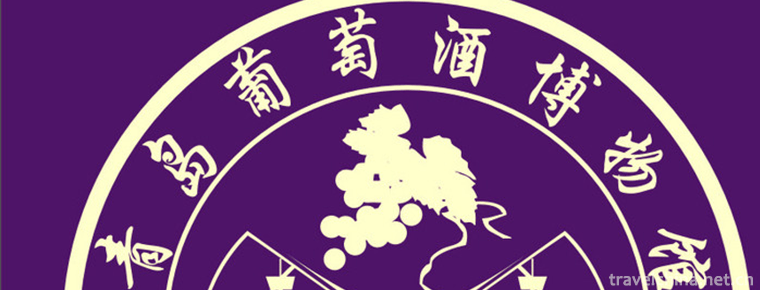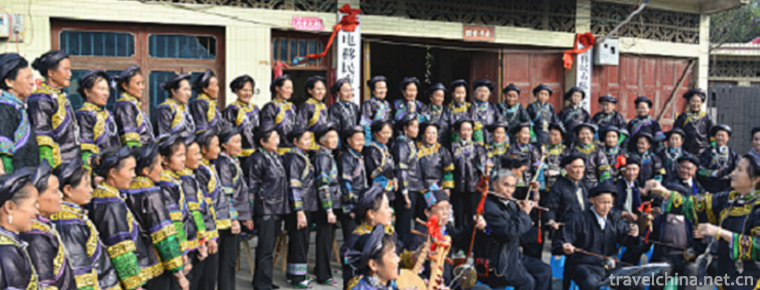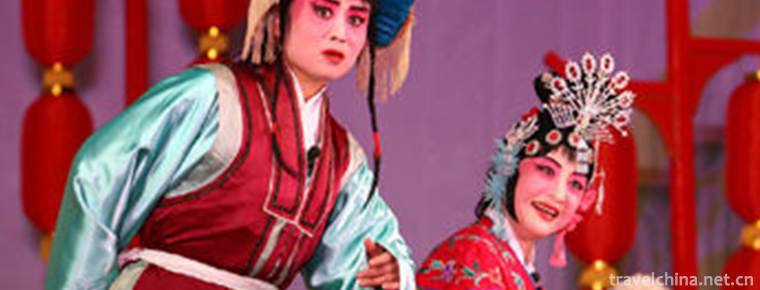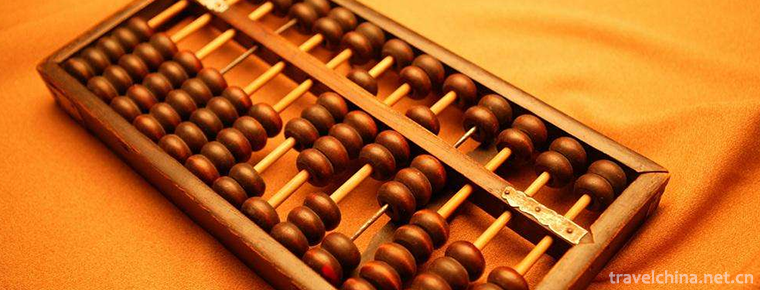Suni embroidery of the Yi nationality
Suni embroidery of the Yi nationality
Sani embroidery is a unique technology with a long history. There are many kinds of flower picking techniques, such as picking, embroidering, filling, receiving, buttoning, single-sided picking and double-sided embroidery. From an early age, Sani women inherited the techniques of hemp planting, hemp weaving, spinning, weaving and embroidery from their elders. Whether they could embroider or not was regarded as a standard to measure women's abilities.
The main products are: clothing, Baotou, waistband, tie, flower shoes, children's caps, umbrella sets, tablecloths, curtains, wall hangings, letter inserts, backpacks, backpacks, wallets, wallets, small handbags and so on. In Sani people's home life, embroidery involves a wide range. Sani embroidery is delicate, delicate and balanced in design, brilliant in color, and is popular with tourists both at home and abroad.
Folk embroidery of the Yi nationality is a kind of costume culture spread among the people. The delicate embroidery methods of flower selection, embroidery and hollow-out make the folk embroidery of the Yi nationality a unique scenery in Yunnan's national customs.
Yi girls began to learn embroidery around the age of 10. Generally, mother-to-daughter and female companions learn from each other in their leisure time. Before the reform and opening up, Yi folk embroidery was sellable for its own use. After the booming tourism industry in Shilin, tourists at home and abroad are very fond of the Yi embroidery in Shilin and are scrambling to buy it. Yijia women seize the business opportunities and use embroidery to make wallets, wallets, wall hangings, waistbands and cushions of various specifications for sale to tourists. Yi embroidery has become a commodity, which opens the door of commodity economy for Yi women who work in agriculture for generations. They sold their embroidery in Guangzhou, Beijing, Shanghai, Shenzhen and other places. They set up a tourism service industry with their savings from embroidery sales. Many women collect folk embroidery products for processing and selling, forming unique tourist commodities and selling them to famous tourist attractions in the country; some set up national embroidery factories, on the basis of collecting and processing folk embroidery products, mass production of tourist commodities with national characteristics by computer embroidery machines, some of which are sold in well-known tourist attractions throughout the country; and others have started to set up national embroidery factories. The hotel receives tourists from all over the country. In the practice of selling embroidery, Yi women also learned to talk with foreign customers in English and Japanese.
Nowadays, the embroidery market has been formed by the Shilin Lake, and there are also Yi folk embroidery exchange venues in the county. In order to further develop Yi embroidery, the county women's Federation regularly runs embroidery training courses to train women of all ethnic groups in embroidery skills. "Ashima embroidery bag" has won the gold medal of China International Technology Products Exhibition. The colorful Yi embroidery dresses up a new generation of "Ashima" and "Ahei". The humanistic customs in Shilin tourism are more beautiful and moving. Yi embroidery has become a small well-known tourist commodity, which also opens up a new way for the Yi family in Shilin to become rich and increase their income.

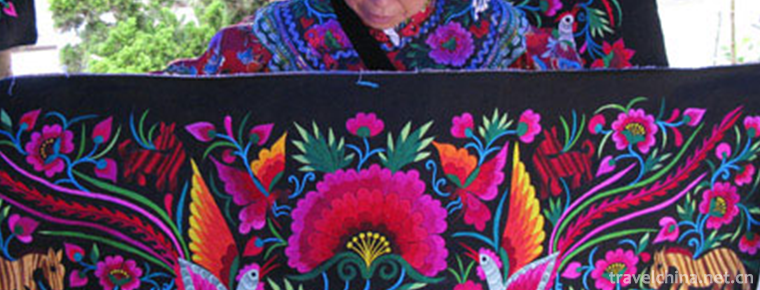
Suni embroidery of the Yi nationality
-
Qingdao Wine Museum
Qingdao Wine Museum is located at No. 68 Yan'an Road, North District of Qingdao City. It is an underground museum with popular science education, collection and display
Views: 206 Time 2019-02-07 -
Ancient town of Tangqi
Tangqi Town, located in the northern part of Hangzhou City, borders Deqing County of Huzhou City, is about 20 kilometers away from the city centre and 13 kilometers away from Linping
Views: 322 Time 2019-02-13 -
Tianhe mountain
Tianhe Mountain, located in Xingtai City, Hebei Province, is China's Love Mountain, the hometown of Chinese Qixi Culture, and the birthplace of the legend of Cowherd and Weaver Girl
Views: 210 Time 2019-02-21 -
Weishan Lake National Wetland Park
Weishan Lake National Wetland Park, located in the southern part of Weishan County, Jining City, Shandong Province, is less than 3 kilometers away from the urban area.
Views: 222 Time 2019-02-22 -
Brodo
Buyi Opera, a local traditional drama in Ceheng County, Guizhou Province, is one of the national intangible cultural heritage.
Views: 159 Time 2019-04-04 -
a kind of local opera popular in Shandong Province
Liuqiang, a local traditional drama in Jimo City, Shandong Province, is one of the national intangible cultural heritage.
Views: 262 Time 2019-05-14 -
Calculation with an abacus
Liu Hong (129-210 A.D.), a character Zhuo, a descendant of Liu Xing, the king of Lu in the Eastern Han Dynasty, is an outstanding astronomer and mathematician in ancient China. He is the inventor of a
Views: 193 Time 2019-08-10 -
Furong mountain
Furong mountain in Sichuan Province is a snow mountain, stretching for hundreds of miles. Furong mountain scenic area is composed of Furong mountain, Shunan hot spring, hanging coffin
Views: 150 Time 2020-10-16 -
Tianshi cave
Tianshi cave, also known as Chang Taoist temple, is the most important Taoist temple in Qingcheng Mountain. In 1983, it was designated as the national key Taoist temple by the State Council. In addition, there are four palaces in Qingcheng Mountain: Jianfu palace, Yuanming palace, Yuqing palace and Shangqing palace.
Views: 352 Time 2020-11-08 -
Famous people in Mianyang
Wenqi, Emperor chengdi of Han Dynasty, Guangwu people, Ziqi, Zhenyuan General of the Eastern Han Dynasty.
Views: 339 Time 2020-12-14 -
Suining Education
By the end of 2019, Suining had 911 schools of all levels and types, with 440000 students and 32000 full-time teachers. Among them, 196 primary schools enrolled 30600 students and 180600 students; 130 junior high schools, 28300 students and 78400 students
Views: 369 Time 2020-12-16 -
Yibin science and technology
In 2019, there are 34 new high-tech enterprises, 13 provincial science and technology achievements transfer and transformation demonstration enterprises, 2 provincial science popularization bases and 6 Municipal Science Popularization base
Views: 327 Time 2020-12-18
